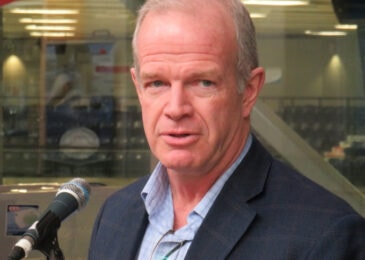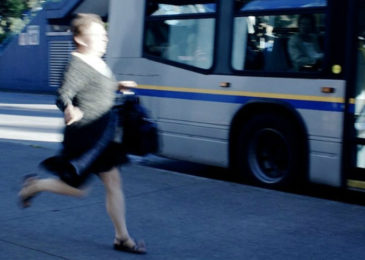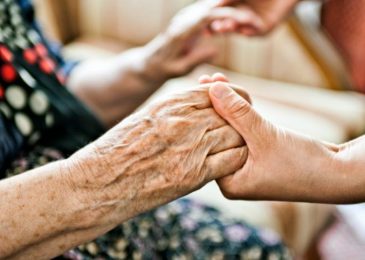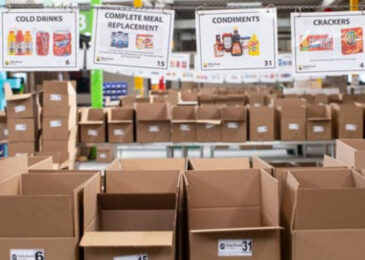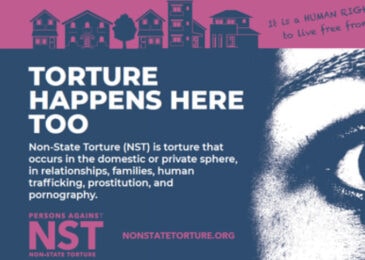Kendall Worth: Abnormal days
Kendall checks up on two more folks he has written about before. Many do not even have social contacts in the community to talk to except the people at the soup kitchens and various drop-ins that people living in poverty attend.These are difficult times and we must look after one another, and Kendall is doing his share.


